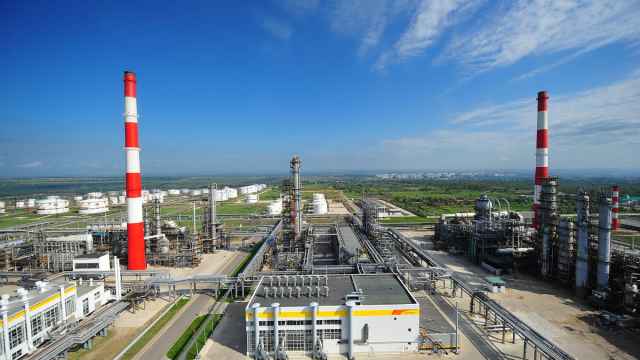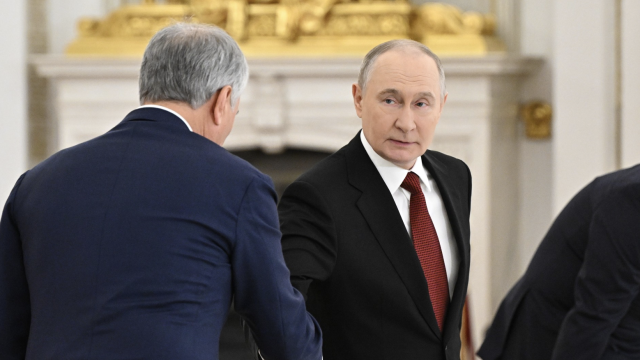BP is looking to book oil and gas reserves in the deal with Russia's Rosneft, head of BP's Russian operation Jeremy Huck told Reuters.
BP and state-controlled Rosneft agreed Friday to an equity share swap under which they plan to jointly explore for offshore oil and gas. The deal gives the British firm access to areas of the Arctic previously reserved for Russian oil companies.
"We believe that BP will be able to book reserves, and so the structure that we will ultimately build will enable that," Huck said Tuesday.
A joint operating company for the Arctic project will be created within the next two years, when the firm will also agree on financing and commercial discovery bonuses. Rosneft will hold 66.67 percent of the vehicle, while BP will own 33.33 percent. Russian Arctic offshore oil resources earmarked for BP and Rosneft's joint development total about 5 billion tons, and gas resources amount to 10 trillion cubic meters.
Full financial terms of the deal have not yet been concluded, but many analysts are skeptical that BP will be able to squeeze reserves out of the joint venture. Instead, they say, the joint venture will most likely only give the British firm the right to develop the oil, echoing a structure Gazprom agreed on with France's Total and Norway's Statoil for the development of the Shtokman gas field.
Oil companies traditionally dislike structures that deny them ownership of reserves as it limits the upside from high oil and gas prices, but BP has been successful in other foreign projects where the initial terms were less than ideal.
When Iraq offered eight licenses to develop oil fields under tight economic terms in 2009, BP was the only Western oil major to sign on. It then spent months haggling over the removal of a layer of taxation, which analysts later said doubled the margins on the contract.
Huck said BP's decision to tie-up with Rosneft was undeterred by domestic political issues involving Mikhail Khodorkovsky and lawsuits a subsidiary of Khodorkovsky's defunct Yukos oil firm won against Rosneft.
"We are oilmen and businessmen, and when we're looking into this transaction with Rosneft we are looking at it as an oil company that has a strategy and has a portfolio of oil and gas assets," Huck said. "So we are doing business with another oil company, we are not looking at the political background of their history. We are businessmen, not politicians, we are here to conduct business."
Rosneft built itself up to be the country's No. 1 oil producer after acquiring Yukos' largest production assets at bankruptcy auctions following Khodorkovsky's arrest in 2003. Earlier this year Rosneft was obliged by a Dutch court to pay $430 million in arbitration awards to Yukos Capital, which is also seeking $89 billion from the Russian state in the European Court of Human Rights.
A Message from The Moscow Times:
Dear readers,
We are facing unprecedented challenges. Russia's Prosecutor General's Office has designated The Moscow Times as an "undesirable" organization, criminalizing our work and putting our staff at risk of prosecution. This follows our earlier unjust labeling as a "foreign agent."
These actions are direct attempts to silence independent journalism in Russia. The authorities claim our work "discredits the decisions of the Russian leadership." We see things differently: we strive to provide accurate, unbiased reporting on Russia.
We, the journalists of The Moscow Times, refuse to be silenced. But to continue our work, we need your help.
Your support, no matter how small, makes a world of difference. If you can, please support us monthly starting from just $2. It's quick to set up, and every contribution makes a significant impact.
By supporting The Moscow Times, you're defending open, independent journalism in the face of repression. Thank you for standing with us.
Remind me later.





